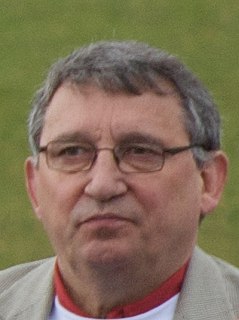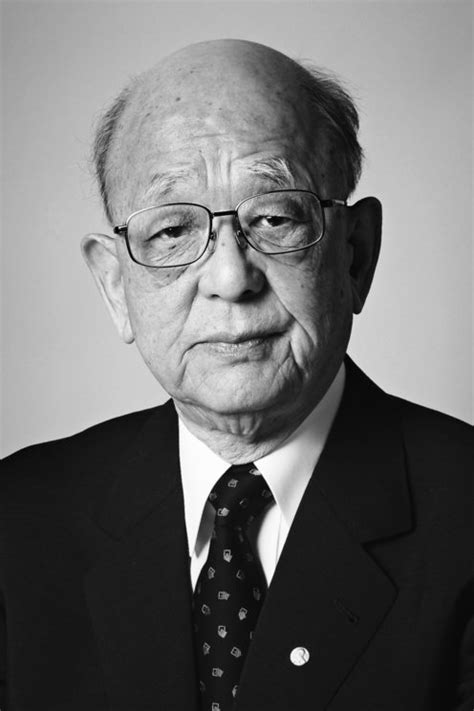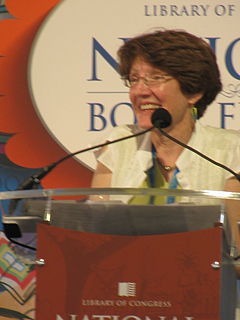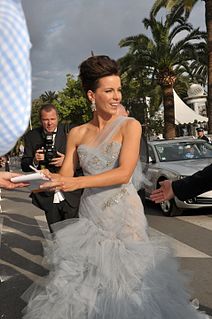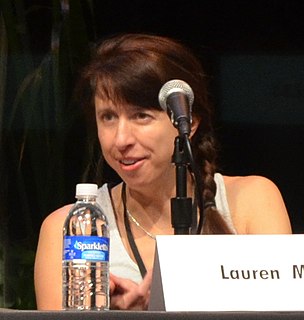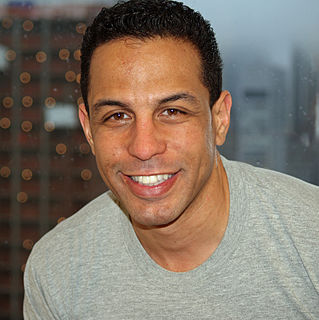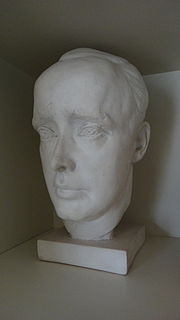A Quote by T. S. Eliot
I hate university towns and university people, who are the same everywhere, with pregnant wives, sprawling children, many books and hideous pictures on the walls ... Oxford is very pretty, but I don't like to be dead.
Related Quotes
There are many important books on oral history. My book was the launch title in the Understanding Qualitative Research series with Oxford University Press. I think what makes my book and all of the series books unique is the emphasis on writing instruction for researchers who want to use the method being described.
Including my nine years as a student, the majority of my life has been at Hokkaido University. After my retirement from the university in 1994, I served at two private universities in Okayama Prefecture - Okayama University of Science and Kurashiki University of Science and the Arts - before retiring from university work in 2002.
Sometimes I read the same books over and over and over. What's great about books is that the stuff inside doesn't change. People say you can't judge a book by its cover but that's not true because it says right on the cover what's inside. And no matter how many times you read that book the words and pictures don't change. You can open and close books a million times and they stay the same. They look the same. They say the same words. The charts and pictures are the same colors. Books are not like people. Books are safe.
Like any other person who reads a ton of books, I hate many, many books. Oh, how I hate them. I have performed dramatic readings of the books I hate. I have little hate summaries. I have hate impressions. I can act out, scene by hateful scene, some of these books. I can perform silent hate charades.
The university has become so stultified since the sixties. There is so much you can't do at the university. You can't say this, you can't do that, you can't think this, and so forth. In many ways, I'm free to range as widely as I do intellectually precisely because I'm not at a university. The tiresome Chicanos would be after me all the time. You know: "We saw your piece yesterday, and we didn't like what you said," or, "You didn't sound happy enough," or, "You didn't sound proud enough."
I believed in looking at people as individuals, not in groups. I hated groups; still do. And I saw particularly the university, the university artists really acted as a group. The others didn't so much, but the university people took advantage of that and behaved like a group, rather than as individuals. They had a lot of power that way.


